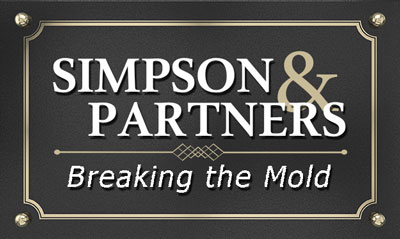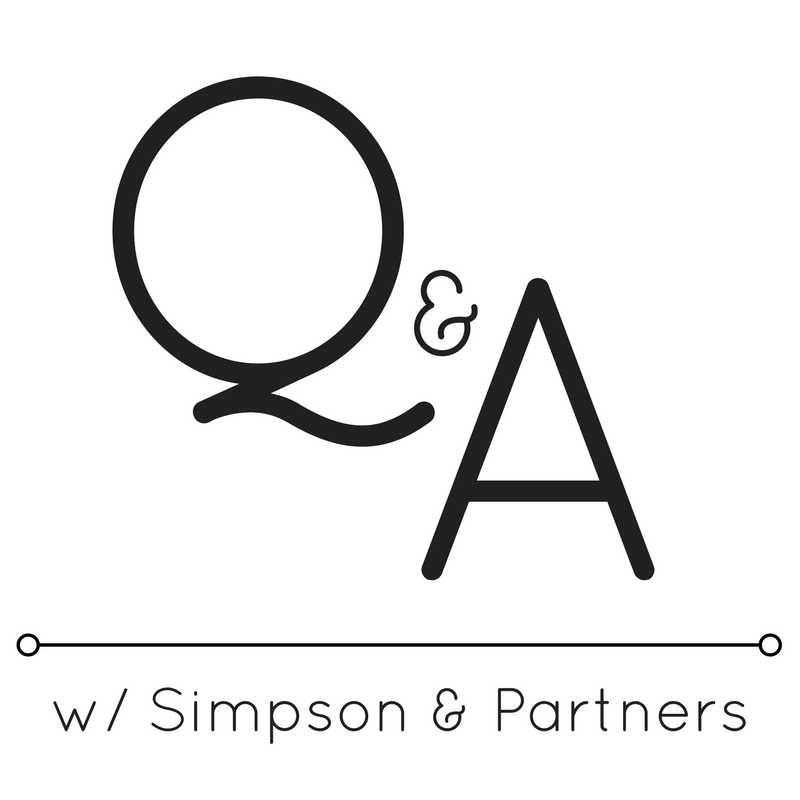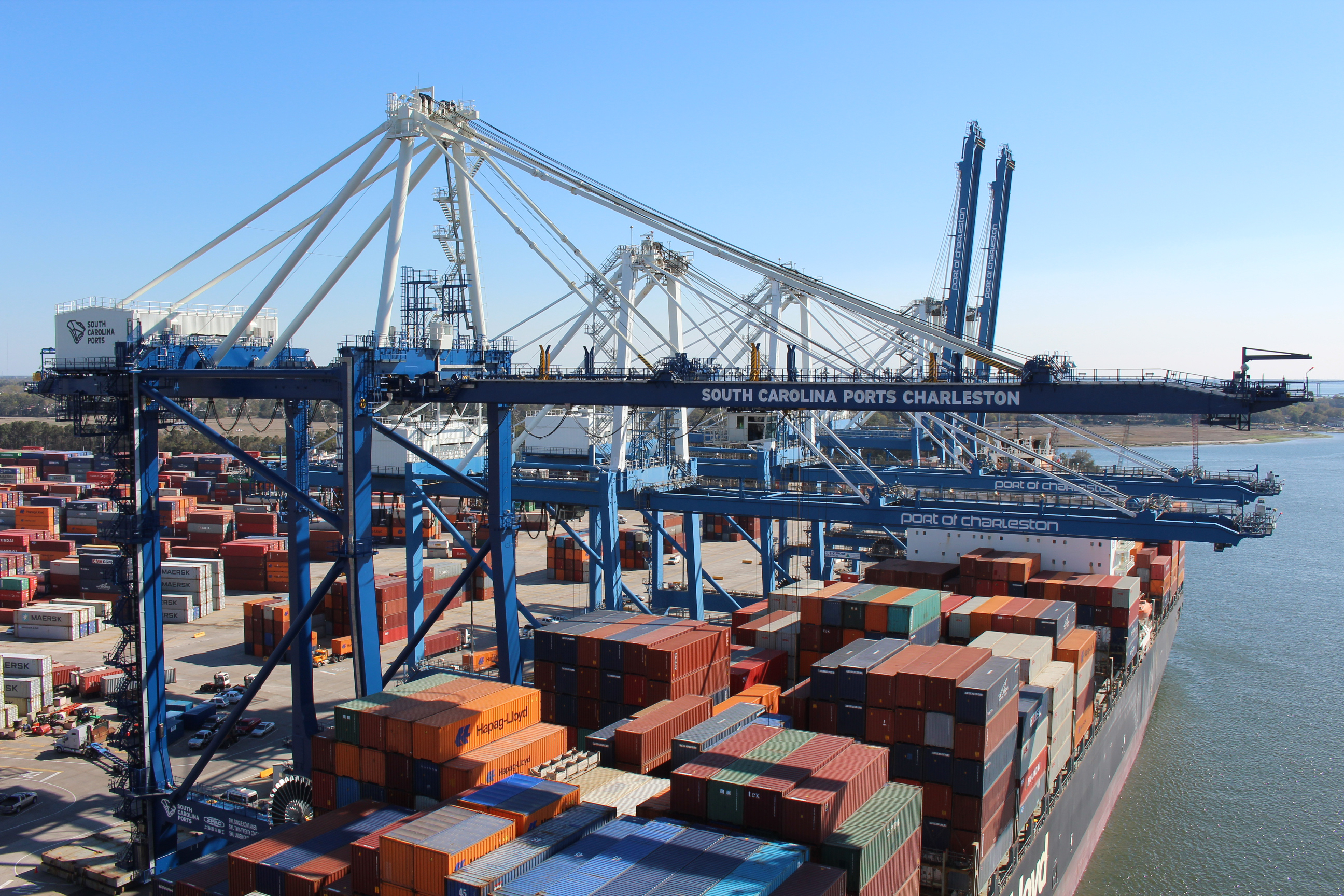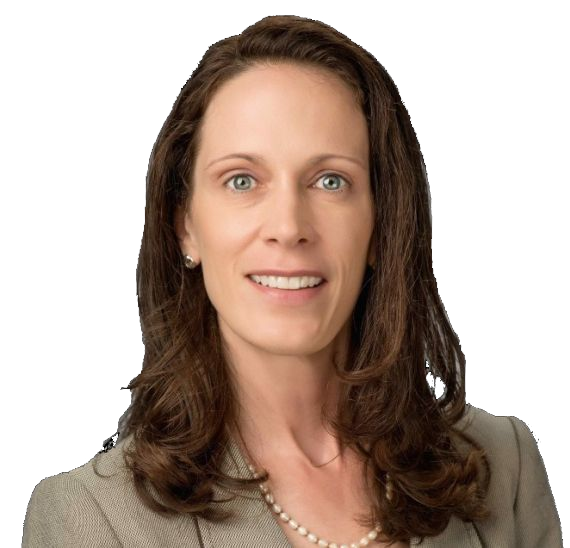Q&A w/ Simpson & Partners
Virginia Simpson is the Chairwoman of Simpson & Partners, an Upstate-based business consulting firm. Sit and talk with her for any length of time, and it won’t be long before you sense a theme to your conversation: in today’s hyper-competitive business climate, great potential lies in your willingness to “break the mold.”
With over 35 years of experience, her business-knowledge runs the gamut. Not surprisingly then, when we sat down to talk with her at Little River Coffee Co. in downtown Spartanburg, our conversation followed suit.
Why are free markets important?
VIRGINIA (V): Largely because you have to start out from the premise of freedom rather than dictatorship. If you are a free individual trying to live in a free society – and you define freedom as control of your own destiny and the ability to make your own decisions – you cannot pretend to be free with constrained markets.
Why not?
V: The overlay created by a market that is not free trickles down and poisons every other possibility of freedom in your life. It immediately says, “it doesn’t matter how good a businessman or woman you are or how good your ideas are, how far you can go will be decided for you.”
Since 1970, those in the world living on a dollar per day or less has declined by 80%, yet today more Americans believe their children will be worse off than they were. What do you make of those statistics?
V: Humankind is doing better because of free-markets, no doubt. But in the United States there are solid reasons to believe your children will not do better, and I think it’s largely because of two things.
All of our needs have been met for so long, we have switched a lot of wants in to the needs column. The more we want, the more we believe that people are not going to be better off. We don’t have a sense of what is alright to want as a fantasy, and what is alright to expect as an entitlement.
Second, the emotion, “my kids aren’t going to be better off than I am” may well be true, but it’s true because the tradition of free markets and “we are doers” and “yes, we did build that” has been eroded by a “you didn’t build that, government should take care of you, why should you have more than the next guy” mentality.

The “we are doers” mentality assumes that there is value in work. What role does work play in society?
V: If you do not have the ability to work, the things given to you come at the cost of your dignity, come at the cost of your own belief in your capabilities. “That feels good, I like massages” turns into “I don’t know how to walk anymore.”
When you deny people the ability to work, you steal far too much from them as humans and you create a subset of humanity that is little more than decorative.
We see the right attitude in little kids… “can I bake with you, mommy…” “can I cut the grass with you, daddy.” People have to have a connection to doing something bigger than themselves.
Let’s talk about business in South Carolina. What trends have you noticed in the business community in South Carolina?
V: Well, state-wide, it’s not that different from how it used to be – that’s why it’s frustrating. We look for manufacturing mainly, we ask about how many jobs it will provide, we do not have a long-term vision.
You know how everyone in Washington is going crazy because Trump doesn’t fit the mold? SC likes people to fit the mold. We cannot break through barriers if our primary concern is not making a mess.
What are the three most important ingredients for those wanting to start a business?
V: Well it changes with the business to some degree, but the most important things stay the same. You need to have a vision in your head that is crystal clear, you need to be open to every other idea that may impact that vision, and you need to look at the big picture of the marketplace you’re entering – because other realities will come to bear.
What role does government play in the life of a business?
V: Regulation. And it needs to get out of the way.
Has the role of government changed?
V: It’s gotten far more intrusive. Tax codes that strangle small business. Kids who used to run a lemonade stand but now need a license. You think about how the Empire State Building was built in a year. Now, we have reams of paper for just the planning stage to widen a road.
Across the country there is that sense of government as over the people, not serving the people. The level of detailed regulation is so far removed from what actually serves the people.
Do you have an example?
V: Sure. When Ralph Nader first showed up, he was all about getting phosphates out of detergents. Okay. We also have to have flame-retardant kid’s pajamas. Okay. But when you wash those flame-retardant pajamas in those now-no-phosphate detergents, you ruin the flame retardancy. So, are you supposed to buy a new set of pajamas every night? That’s just an example.
Do you think there are misconceptions about owning a business?
V: I think owning a business is glamorized to some degree. Owning a business gives you freedom to achieve and do things, but the level of responsibility is generally ignored.
We thank you for your time
V: It was a pleasure.




